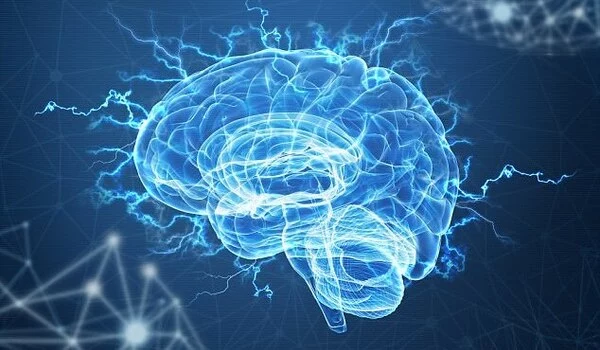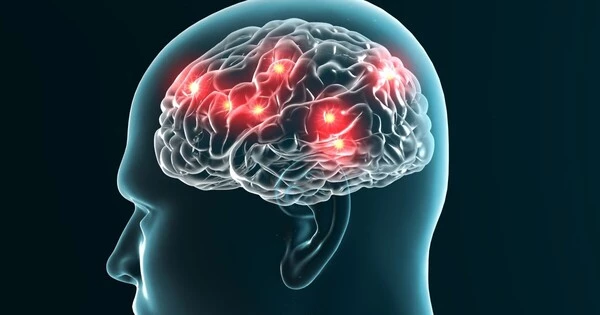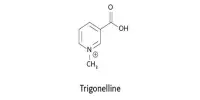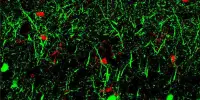ADHD is a neurodevelopmental disease characterized by difficulty paying attention, impulsivity, and hyperactivity. It is usually diagnosed in childhood, but some people continue to have symptoms until maturity. Dementia, on the other hand, is a set of illnesses marked by cognitive decline, memory impairments, and reduced everyday functioning, the most common type of which being Alzheimer’s disease. According to a Rutgers study, persons with attention deficit/hyperactivity disorder (ADHD) are roughly three times as likely to acquire dementia than adults without ADHD.
Michal Schnaider Beeri, head of the Herbert and Jacqueline Krieger Klein Alzheimer’s Research Center at Rutgers Brain Health Institute (BHI), coauthored the study, which was published in JAMA Network Open. It followed over 100,000 older Israelis for 17 years to see if persons with ADHD are more likely to develop dementia, including Alzheimer’s disease.
Despite the fact that ADHD affects more than 3% of the adult population in the United States, research on this demographic is sparse.
By determining if adults with ADHD are at higher risk for dementia and if medications and/or lifestyle changes can affect risks, the outcomes of this research can be used to better inform caregivers and clinicians.
Michal Schnaider Beeri
“By determining if adults with ADHD are at higher risk for dementia and if medications and/or lifestyle changes can affect risks, the outcomes of this research can be used to better inform caregivers and clinicians,” said Beeri, the Krieger Klein Endowed Chair in Neurodegeneration Research at BHI and a faculty member of the Rutgers Institute for Health, Health Care Policy and Aging Research.
Researchers examined persons with and without ADHD, as well as the occurrence of dementia among the groups as they aged, using data from a national cohort study of more than 100,000 people who were tracked from 2003 to 2020. Researchers discovered that the existence of adult ADHD was related with a considerably greater risk of dementia, even when other risk factors for dementia, such as cardiovascular disorders, were taken into consideration.
ADHD in adults may materialize as a neurological process that reduces the ability for them to compensate for the effects of cognitive decline later in life, researchers said.

“Physicians, clinicians, and caregivers who work with older adults should monitor ADHD symptoms and associated medications,” said Abraham Reichenberg, senior author of the study and a professor in the Department of Psychiatry at the Icahn School of Medicine at Mount Sinai.
“Symptoms of attention deficit and hyperactivity in old age should not be ignored and should be discussed with physicians,” said Stephen Levine, a professor at the University of Haifa’s School of Public Health.
Furthermore, the study implies that ADHD treatment that includes psychostimulants may help minimize the risk of dementia in people with ADHD because psychostimulants are known to alter the trajectory of cognitive impairment. However, researchers believe that future studies should look into the influence of drugs in ADHD patients and how they may affect risk.
















